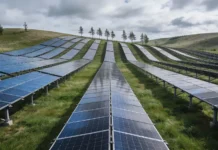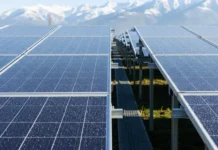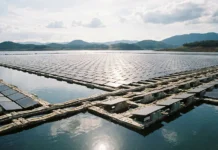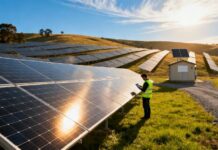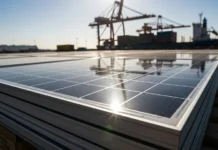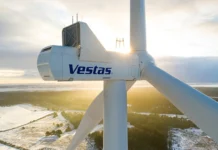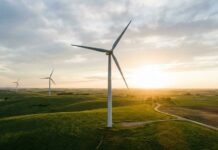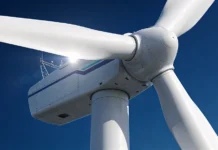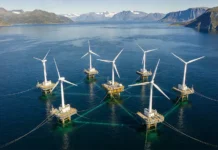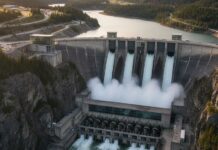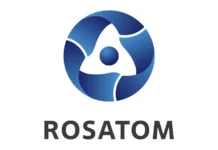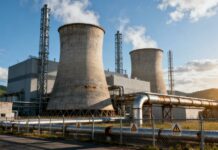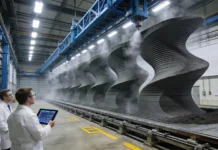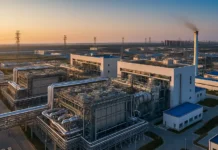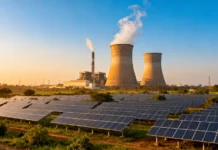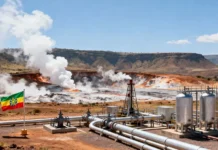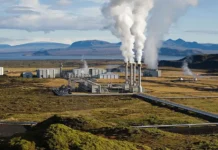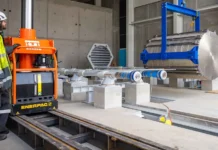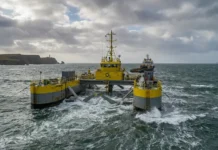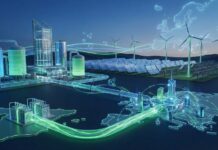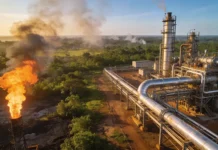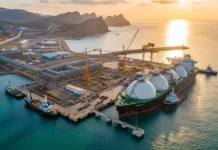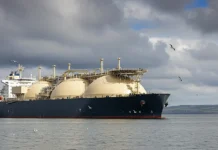The Asian Development Bank has entered into a $2.8 million (around AU$4.3 million) loan with Sun Pacific Energy Ltd (SPEL) to fund the development of renewable energy in Samoa.
The funds from the ADB and SPEL deal will be utilised to upgrade SPEL’s existing Upolu Solar Farm, the facility partly funded by ADB in 2017. Once completed, the expansion is projected to generate approximately 9.6 gigawatt-hours of clean energy annually and cut an additional 1,944 tonnes of carbon dioxide emissions every year. As Samoa’s first independent power producer (IPP), SPEL operates under a 20-year power purchase agreement with the Electric Power Corporation, the state-owned national utility.
Samoa has been grappling with increasing difficulties in meeting peak electricity demand since 2023. The government declared a 30-day state of emergency in March following prolonged power outages due to generator failures, severe weather, and rising demand for electricity.
“This is the second expansion of SPEL’s solar farm,” said Aaron Batten, Regional Director of ADB’s Pacific Subregional Office. “The generated power will support the delivery of a reliable and sustainable power supply, which will spur economic activity, benefitting commercial, industrial, and residential consumers.”
The ADB and SPEL deal also contributes to climate action, aligning with Samoa’s objective of achieving a 26% reduction in greenhouse gas emissions by 2030 and securing at least 70% renewable generation by 2031.
“ADB enabled us to create a financing package that is not available in the market due to limited financial players,” said Jamie Harrison, Chief Executive Officer of SPEL. “This project is deeply rooted in our mission of providing accessible, clean energy to the people of Samoa.”
Additional support comes through $225,000 in technical assistance from the Australian Climate Finance Partnership (ACFP) Fund, a concessional financing facility managed by ADB. Backed by Australia’s Department of Foreign Affairs and Trade, the fund helps advance private sector projects across the Pacific and Southeast Asia focused on climate adaptation and mitigation.


